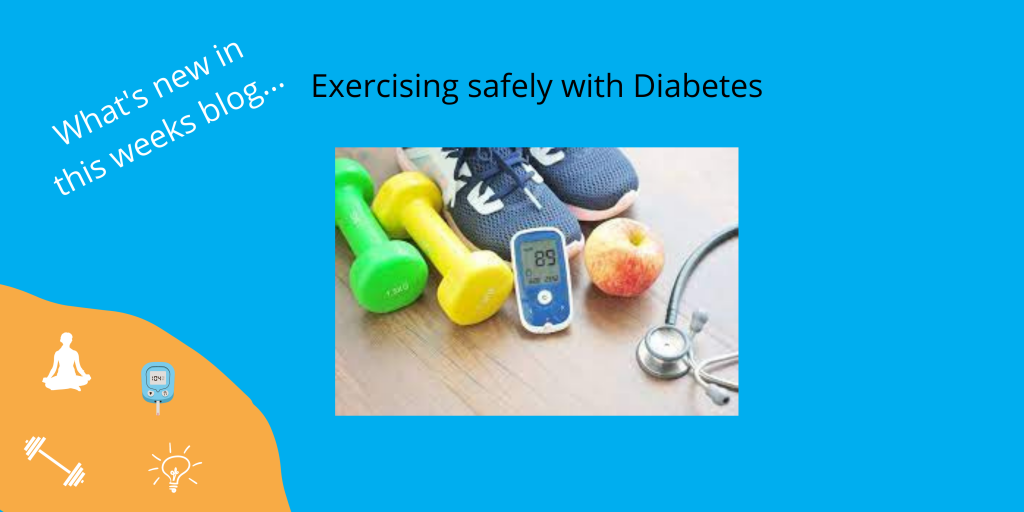
Exercise Physiology Training
Whether you want to:
- Improve strength
- Increase fitness
- Rehab an injury or condition
- Improve core stability
- Manage weight
ONE ON ONE TRAINING WITH OUR ACCREDITED EXERCISE PHYSIOLOGISTS
Choose the duration of session that suits you:
- 30 minutes $93
- 45 minutes $108
- 60 minutes $140
Save money by prepaying block sessions of 6, 8, or 12 weeks
NEW CLIENT OFFER
Gap FREE Initial consultation to discuss how our EPs can help you achieve your health goals.
In this initial health assessment our EPs will work through these 3 STEPS .
STEP 1: Where are you now?
A health assessment that looks at full body composition, risk factors and movement screening.
STEP 2: What are your goals?
We help you work out your individual health goals that are realistic and achievable.
STEP 3: How are you going to get there?
Most importantly we work out an Action Plan to help you start your health journey.
Book your Gap FREE Health Consultation Now.
You pay no out of pocket expenses with your health insurance. No health insurance, no worries you pay only $55. Valued at $115
LATEST RESOURCES
We discuss what diabetes is, the importance of exercise, and exercise precautions / considerations!
Empowering Men: Managing Pelvic Floor Concerns After Prostate Cancer Treatment
11/06/2024
Prostate cancer is a significant health concern for men globally, with treatment often impacting various aspects of their lives, including urinary incontinence and pelvic floor dysfunction. As an accredited exercise physiologist, I've witnessed firsthand the transformative power of tailored exercise programs in helping men manage these challenges effectively. In this blog, we'll explore how exercise physiology plays a crucial role in supporting men's pelvic floor health post-prostate cancer treatment.
When to be concerned about your blood pressure
15/05/2024
Hypertension (AKA high blood pressure) is often called the "silent killer" because it typically has no symptoms but can lead to serious health problems like heart disease, stoke and kidney damage if left untreated. It can be difficult to know when to be concerned about high blood pressure, so here are some general guidelines you can follow...
Why hurt does not always equal harm (persistent pain perspective)
27/02/2024
If you have experienced an injury that has turned chronic, then you may well understand that there are adaptations that occur in your body that can leave you feeling ‘not quite like it used to feel’ when you do certain activities. Learning why this occurs is often the first step in managing your persistent pain. We can understand this by exploring the ‘Twin Peaks’ Metaphor described by pain researchers David Butler and Lorimer Mosely in their book Explain Pain (see below). Let’s discuss!




